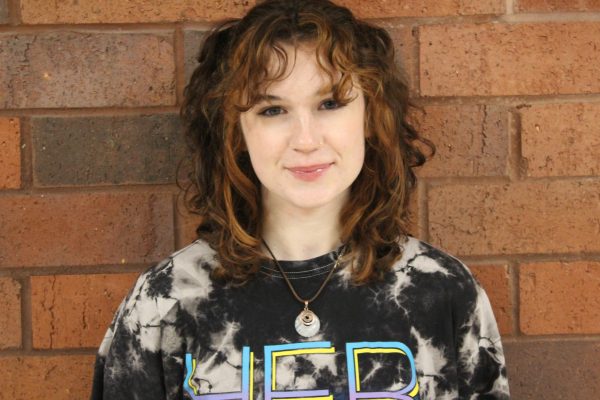True crime content is criminal
The ethics of true crime and it’s fans
About a year ago my mom, sister and I were driving on the long and barren Minnesota I-94. We were on our way to our grandma’s house and getting increasingly bored of being in the car.
The three of us all have highly different tastes in music, so nothing we put on made the others happy. After a bit of disagreement, being the mediator big sister that I am, I suggested we listen to Bailey Sarian’s “Murder, Mystery and Makeup” videos.
Those videos were an instant hit. I mean, who doesn’t love to hear about terrible stories and revel in the fact that they actually happened in real life? Sarian kept us entertained the whole way to grandma’s and then again on the way back home.
Recently I have found myself looking back on that memory and wondering if listening to those true crime stories was a moral thing to do. Listening to the deaths and traumas of real people just to keep us entertained in the car was an ethical gray area at best.
Sarian is arguably the most famous true crime YouTuber. Her channel has over 6.6 million subscribers and her most popular murder and makeup videos rack up over 10 million views each.
If that many people are watching her content regularly, she can’t be doing something wrong, can she?
Unfortunately, those millions of views might be proof that what she is doing, and what so many other true crime content creators are also doing, is wrong.
Those high view counts mean more people listening to your content and as a result more money and the incentive to keep making content about tragedy.
Morbid curiosity is definitely real and it helps to explain why so many people are such avid true crime fans. People, myself included, can’t help but want to know all the gory details.
There is nothing wrong with being curious about crimes and their stories. However, there certainly is something wrong with people exploiting that curiosity to make money.
True crime content creators exploit that morbid curiosity for their own gain. Podcasts, YouTube channels and TV shows take the need to know the traumatic facts and use it to gain fame and profit.
Not only do those content creators use their fans’ curiosities to their benefit, but they also use the stories and the trauma of the victims and their families.
It is not uncommon for family members and victims to be left out of the telling of their own stories. The events that happened to their loved ones are used and their lives are put out on display without their input.
The book “In Cold Blood” by Truman Capote is often credited with launching the true crime genre to popular culture. However, those close to the Clutter family victims were not given a voice and disliked the portrayal of the murderers by Capote.
Capote benefited greatly from the book, while the remaining Clutter family members were left with reopened wounds.
The newly released Netflix show “Dahmer” is yet another prime example of the exploitation of traumas of families. Some family members of Jeffrey Dahmer’s victims came forward after the release of the show to condemn it.
Besides, did we really need another show about serial killers? There were already several shows and documentaries about Jeffery Dahmer alone on Netflix, not to mention dozens more about other famous killers.
The retelling of the already told Dahmer story was a blatant cash grab. Netflix took a previously well known story and made yet another show sensationalizing the merciless killings. All while using families’ pain without their permission or input.
My two cents on how we can do better is fairly simple. I think that people need to step back and assess what media they are consuming. We need to recognize that the crimes happened to real-life people and they should not be made into entertainment for us to consume.
If you or your family members were in a situation in which people were sensationalizing and retelling your stories for you, would you be ok with that? Content makers make a killing off of sharing people’s lives and tragedies for them and that is wrong.
Becker can be reached at beckercr3219@uwec.edu.

Charlotte Becker is a second-year social studies education student and this is her fourth semester on staff. She loves taking photos in her free time, as well as reading and thrifting.


